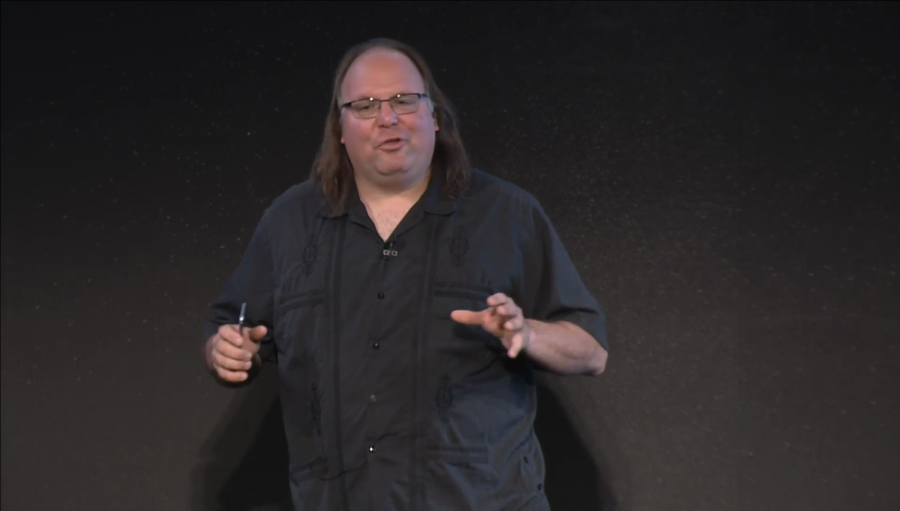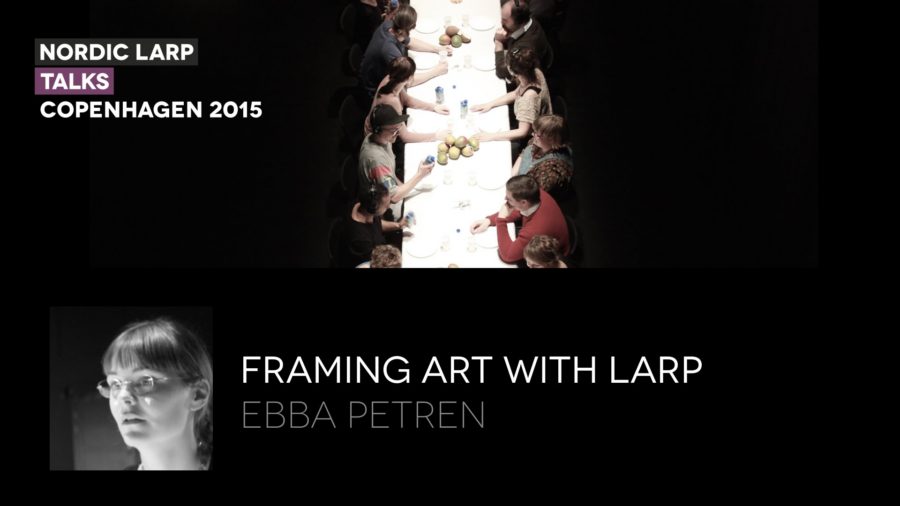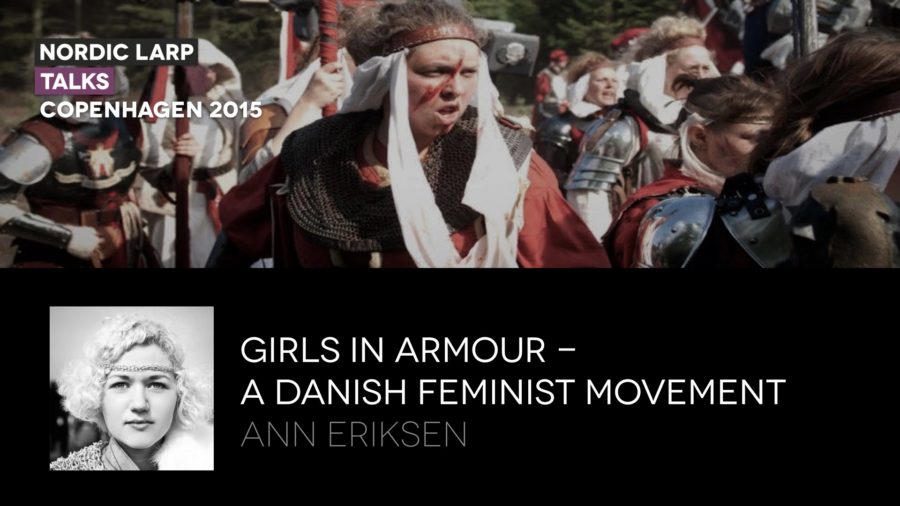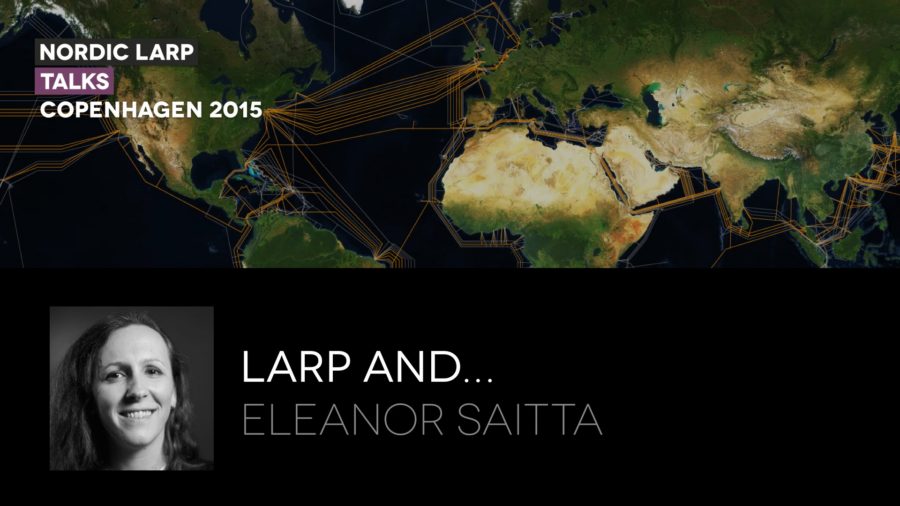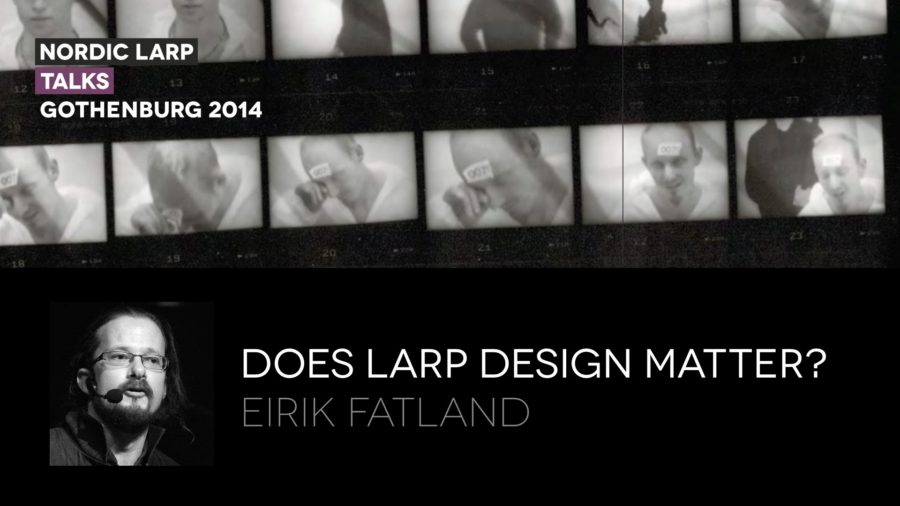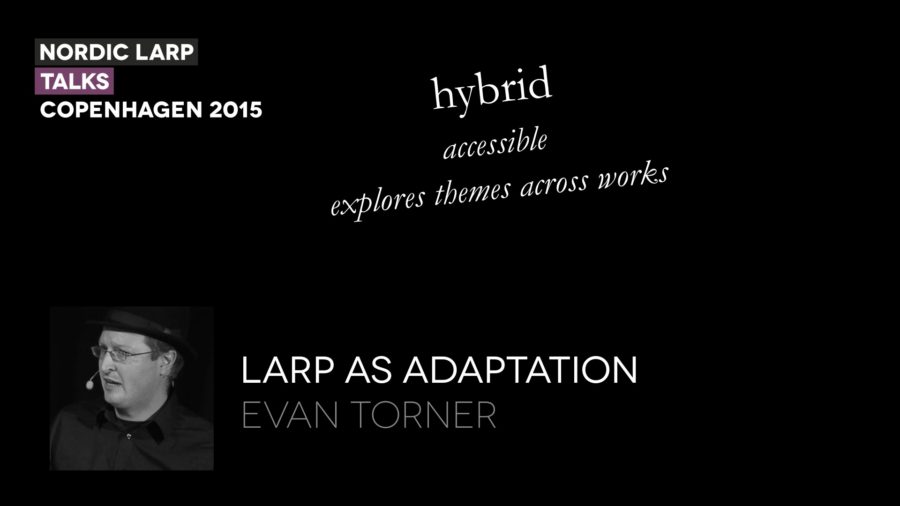As we dug into this topic, we realized research gets forbidden for all sorts of reasons. We’re going to talk about topics today that are forbidden in some sense because they’re so big, they’re so consequential, that it’s extremely difficult for anyone to think about who should actually have the right to make this decision. We’re going to talk about some topics that end up being off the table, that end up being forbidden, because they’re kind of icky. They’re really uncomfortable. And frankly, if you make it through this day without something making you uncomfortable, we did something wrong in planning this event.
Futures Podcast #8: Immersive Virtual Experiences, with Jeremy Bailenson
presented by Jeremy Bailenson, Luke Robert Mason
The cool thing about VR is you can do things that you can't do in the physical world. Leveraging this paradox, which is that the brain treats it as real, but you can do the impossible—you can do anything—is a really neat way to use VR. Read more →

